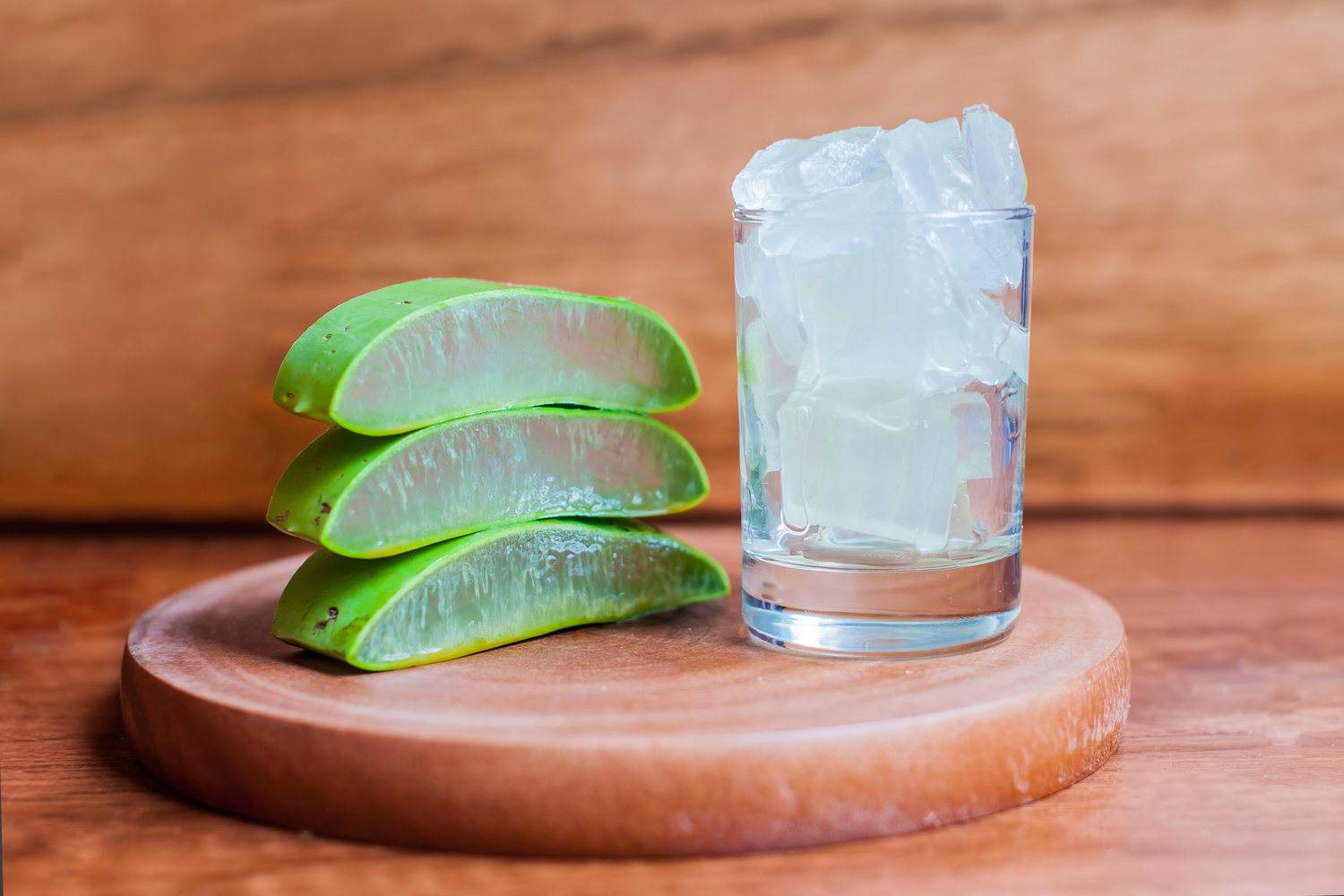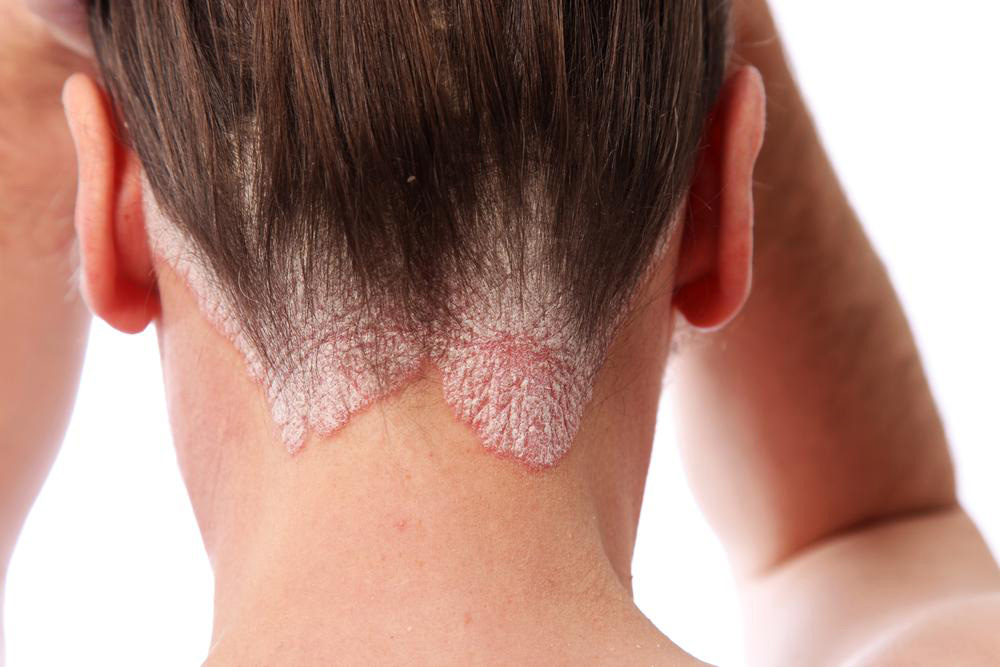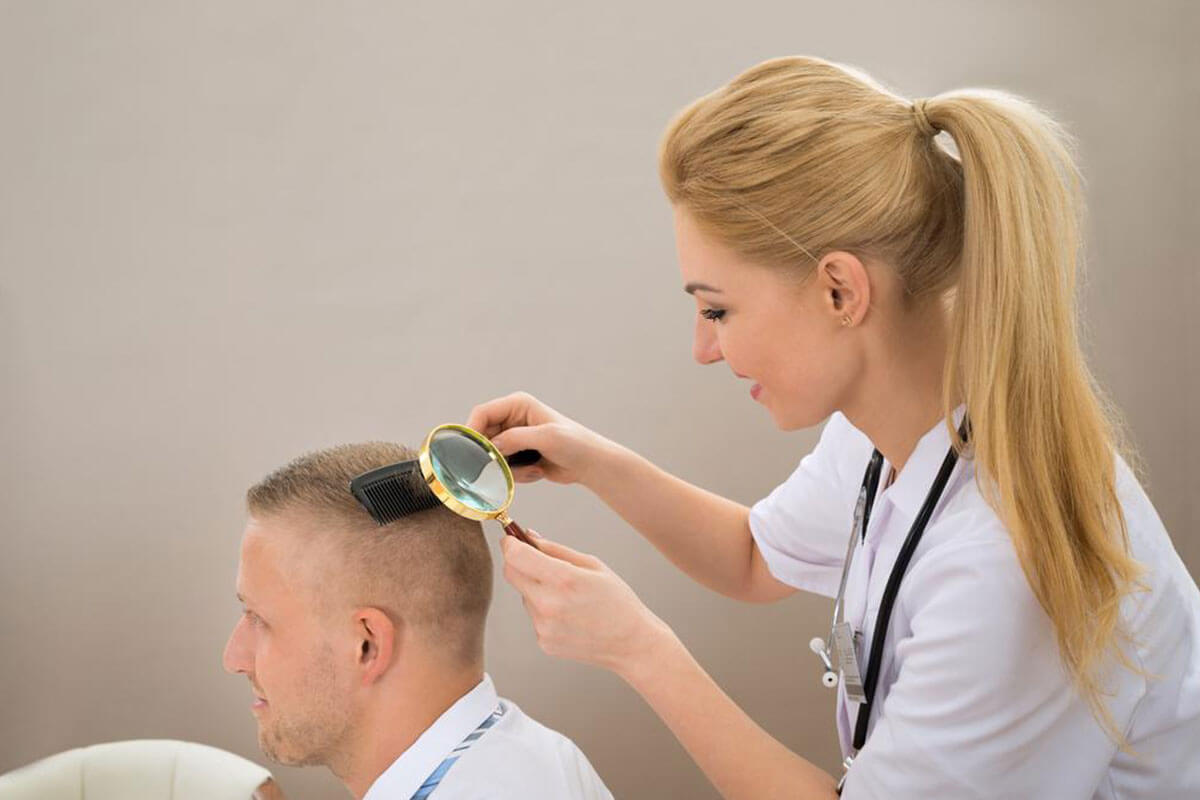Natural and Effective Methods to Manage Scalp Psoriasis and Promote Healthy Scalp Care
This comprehensive guide explores natural strategies for managing scalp psoriasis, including medicated shampoos, topical remedies, dietary tips, and lifestyle modifications. Combining these approaches with medical advice can effectively reduce symptoms, soothe inflammation, and promote scalp health. Learn how to incorporate safe, natural methods into your psoriasis care routine for better skin health and improved quality of life.

Natural and Effective Methods to Manage Scalp Psoriasis and Promote Healthy Scalp Care
Globally, psoriasis affects over 125 million people, manifesting as chronic skin inflammation that results in thickened, scaly patches. When this condition occurs on the scalp, it often presents as red, silvery patches that are itchy, cracked, and sometimes prone to bleeding. Known as scalp psoriasis, this skin disorder is widespread but manageable through a combination of medical treatments and natural home remedies. Understanding the condition, its triggers, and available natural solutions can significantly improve the quality of life for those affected.
Comprehending Scalp Psoriasis
Scalp psoriasis is a specific form of plaque psoriasis, a chronic autoimmune skin condition. It can extend beyond the scalp to include the hairline, forehead, nape of the neck, behind the ears, and even the back of the neck. The exact cause remains unclear, but it involves an abnormal immune response that causes skin cells to build up rapidly. This accelerated cell turnover results in the characteristic thick, scaly patches. The triggers for scalp psoriasis differ among individuals but commonly include skin injuries, burns, stress, medications, infections, and allergens. Genetic predisposition also plays a substantial role, with certain gene variations linked to the condition.
Beyond genetics, immune system dysfunction is central to its pathogenesis. Factors such as nutritional deficiencies, gluten sensitivities, obesity, and metabolic syndrome can exacerbate symptoms. Therefore, managing scalp psoriasis is often a holistic process that includes addressing these underlying contributors.
While conventional medicine offers a range of treatments—including topical corticosteroids, vitamin D analogs, systemic medications, and phototherapy—many people seek natural alternatives to complement their treatment plans. These non-pharmaceutical approaches aim to soothe symptoms, reduce inflammation, and promote overall scalp health. When combined with medical advice, natural remedies can be an effective way to manage scalp psoriasis at home.
Using Medicated Shampoos with Salicylic Acid or Coal Tar
One of the most accessible and widely recommended natural approaches involves the use of medicated shampoos containing agents like salicylic acid or coal tar. Salicylic acid acts as a keratolytic agent, helping to peel away the scales and soften the thickened skin. Coal tar has anti-inflammatory and anti-pruritic properties that reduce scaling and itching. To maximize benefits and avoid adverse reactions, it is crucial to use these shampoos according to your healthcare provider’s instructions. Performing a patch test before regular use ensures compatibility with your skin.
Capsaicin-Infused Products
Derived from chili peppers, capsaicin has been found to alleviate pain, redness, and inflammation associated with psoriasis. It works by depleting substance P, a neuropeptide involved in transmitting pain signals and inflammation. While initial application can cause a stinging or burning sensation, gradual use can lead to symptom relief. Always test on a small area before wide application and consult your dermatologist to prevent skin irritation.
Aloe Vera Gel for Soothing Relief
Aloe vera is renowned for its soothing, anti-inflammatory, and skin-healing properties. Applying pure aloe vera gel directly to the scalp two to three times daily can calm itching and redness, promoting moisture retention and tissue repair. Regular application may help diminish scaling and improve scalp comfort over time. Choose organic, pure aloe vera gel to avoid unnecessary additives.
Healing Benefits of Garlic
Garlic contains potent anti-inflammatory, antimicrobial, and antioxidant compounds that can support scalp health. Creating a garlic paste by blending fresh garlic cloves with aloe vera can be an effective topical remedy. Applying this mixture for 12-15 minutes can help reduce inflammation and bacterial presence. While garlic is generally safe, it’s essential to monitor for any adverse reactions, especially if you have sensitive skin or allergies. Use cautiously and discontinue if irritation occurs.
Coconut Oil and Essential Oils for Scalp Nourishment
Warm coconut oil is a natural emollient that can soothe inflammation, moisturize dry skin, and help loosen scales. Applying coconut oil before shampooing can provide relief from itching and scaling. Leave it on the scalp for about 20 minutes to allow absorption before rinsing. Additionally, essential oils such as tea tree, lavender, and rose oil, when diluted with carrier oils, can promote scalp healing, reduce redness, and have antimicrobial properties. Conduct a patch test before using essential oils to prevent allergic reactions.
The Role of Sunlight and Vitamin D
Moderate exposure to sunlight can play a significant role in managing psoriasis. Ultraviolet B (UVB) rays stimulate vitamin D production in the skin, which is crucial for immune regulation and skin cell growth. Spending approximately 15 minutes outside during early morning or late afternoon can support natural vitamin D synthesis. Ensuring adequate vitamin D levels may improve treatment outcomes and reduce flare-ups. However, caution is necessary to avoid sunburn and skin damage—use protective measures as needed.
Dietary Strategies: Foods Rich in Omega-3 Fatty Acids
Nutrition influences skin health significantly. Consuming foods rich in omega-3 fatty acids, such as fatty fish (salmon, mackerel), walnuts, chia seeds, and flaxseeds, can help reduce systemic inflammation. Incorporating these into your diet may not only improve scalp psoriasis symptoms but also enhance overall well-being. Omega-3 fatty acids modulate immune responses and support skin barrier function, making them an essential aspect of a holistic management approach.
In conclusion, managing scalp psoriasis involves a comprehensive strategy that combines medical treatments with natural remedies. Identifying personal triggers, maintaining a healthy diet, practicing safe sun exposure, and utilizing soothing topical agents can significantly improve skin condition and quality of life. Always consult healthcare professionals before starting new treatments, especially when combining home remedies with prescribed medications, to ensure safety and optimal results.





